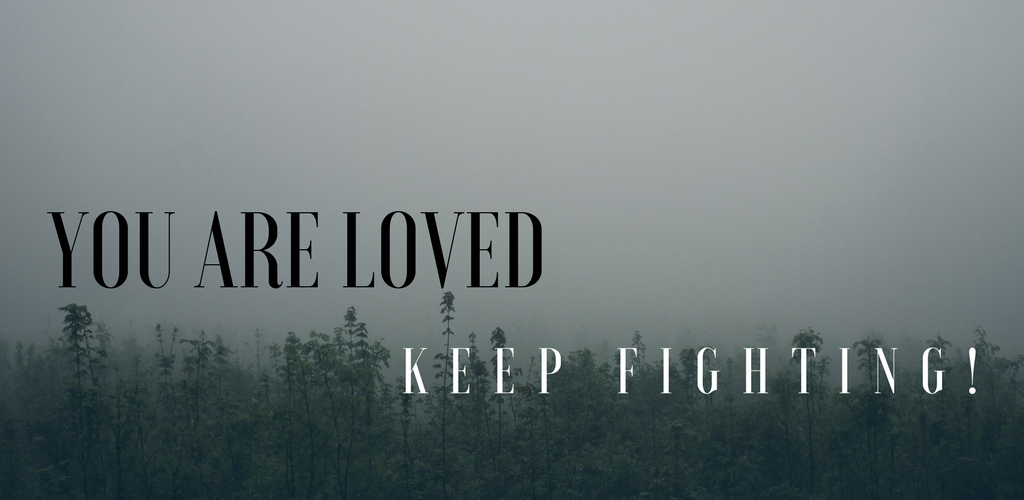I hope you feel better.
When someone says they are under the weather in some way, or just not feeling themselves, we do hope they feel better. But is that the best we can do? Sure, we don’t want to downplay their feelings. We want to express an acknowledgement of where they are and agree with their desire for recovery.
But, with all the sentiments and expressions we have at our disposal, is hoping someone feels better our ideal? Why don’t we say things like, ‘This is only temporary. You’re gonna bounce back in no time,’ instead? After all, isn’t that what we mean? Why are we afraid to say what we mean?
I’ll tell you why. We hate to be wrong.
When I’m not my normal self, like today, while you fully expect me to recover, you don’t know that I will. Nor do you know the time frame of my recovery. And frankly, it may make you uncomfortable to see me behaving so differently from my norm. Rather than come off too ambitious, you replace what you “know” with a hope.
Only recently did I realize how trite hoping someone feels better can be.
I want to be a person who can fully acknowledge where you are, yet see your full potential for wholeness. Whether you’re experiencing pain of sickness, grief, or disappointment, I want my words to get at the root of the issue and shake it loose.
I understand you’re in pain right now, but I know how strong you are and how much God loves you, and I believe you can beat this.
Yes, it’s detailed and risky. Saying something that assumes a tangible healing is possible. And, suggests it’s possible in a situation we may not fully understand. What a bold statement of faith! Words of healing should be able to shake up the foundation of pain in a way that the hearer is convinced of their truth, even though they may not see any indications.
Health is a state of being free from illness, injury or symptoms. Can we achieve health without believing in the possibility of restoration? Maybe. And when we say, ‘I hope you feel better,’ I think we’re rolling those dice. However, we can choose to say something more restorative, meant to state our faith and encourage theirs. We don’t have to settle. Neither do we have to play it safe in the face of pain.
If healing is a form of restoration, our words should be restorative. The next time we come across someone in a state of transition, feeling less than whole, we have a choice. Me? I want to choose a restorative response to bring comfort and restore faith.
Have you developed a language of healing? Share your suggestions in the comments!

